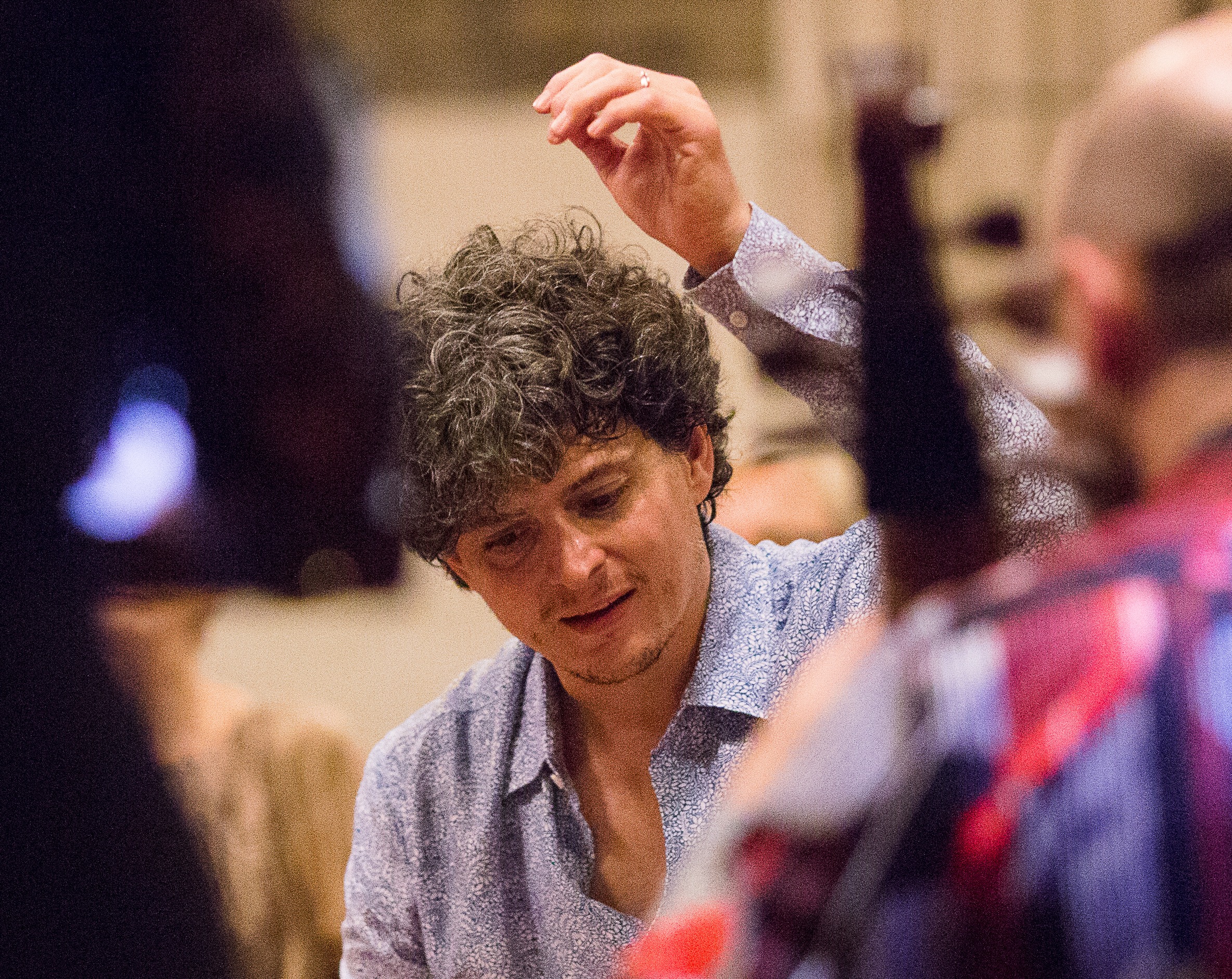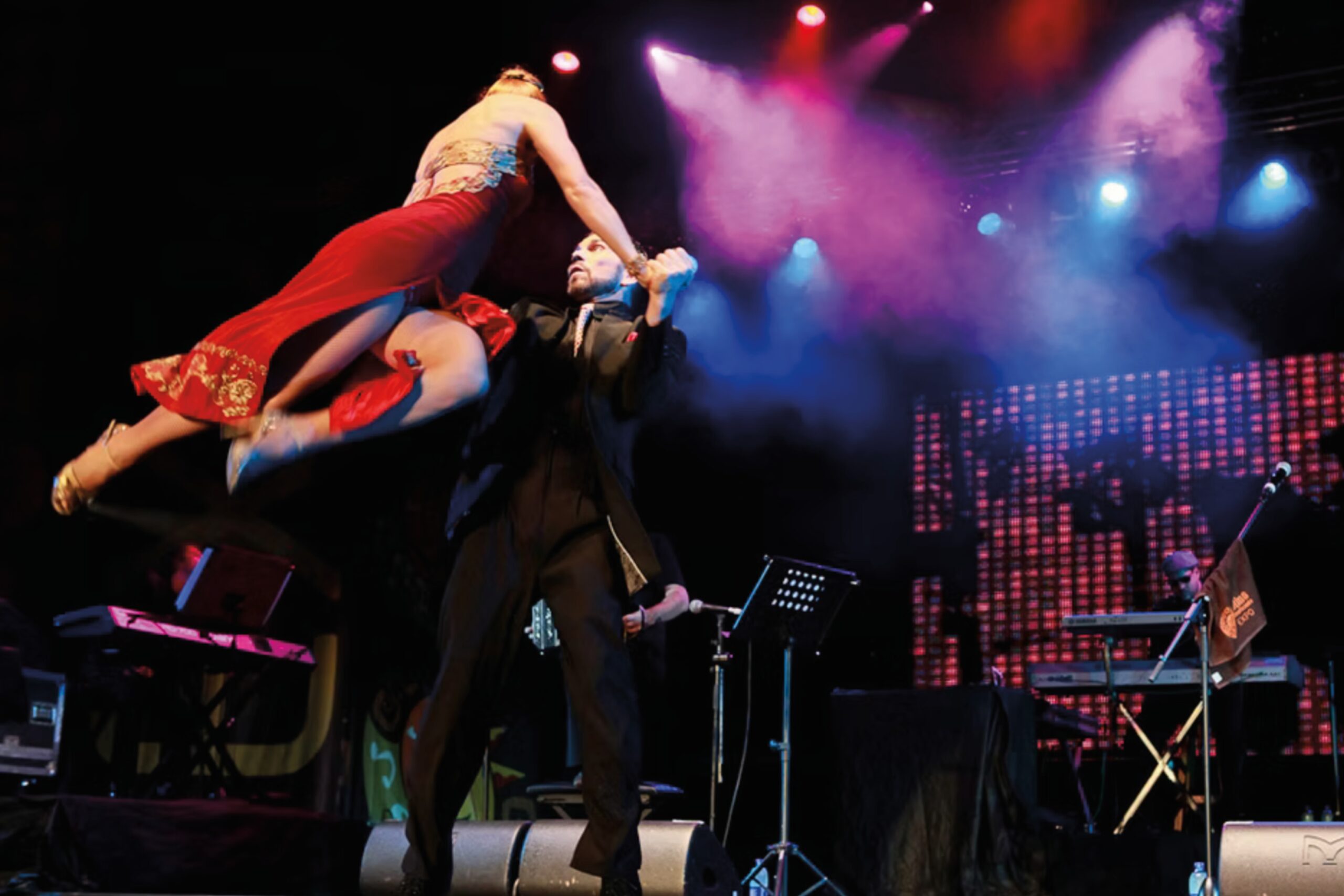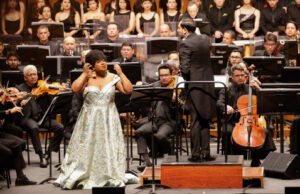This article is adapted from AQ’s special report on China and Latin America
By now, everyone is familiar with the story of how tango originated in Buenos Aires’ brothels during the late 19th and early 20th centuries, gaining increasing international popularity. Since then, generations of artists have continued to leave their mark on the genre, and in this issue of AQ, we explore the current tango scene through music by artists working in Argentina and beyond. Our playlist has everything: unusual instruments, jazzy tango? Got it. Tango-bachata? Yes! Tango closer to chamber music? Yes, we have that, and whimsical singers, too.
The Latin Grammy-nominated electrotango band Tanghetto was founded by Max Masri and recently released a live album celebrating the 20th anniversary of a career that has taken them to stages worldwide. Their music incorporates instruments beyond the original tango sounds, including percussion and electronics, creating a distinctive style that is evident in “Tango 7 (Argentinxs).” The piece weaves the phrasing of tango melodies and the traditional sounds of the bandoneon and violins in an unusual time signature. Tango, like much of Western popular music, typically proceeds in a recurring binary pattern, meaning that noticeable musical events occur periodically every two, four, or eight beats. An odd-numbered time signature of seven beats (as the title of this piece implies) is far less common, giving the composition a slightly unsettled feel. Our tango ear is so accustomed to binary time that our offset expectations make the piece propulsive and evocative.
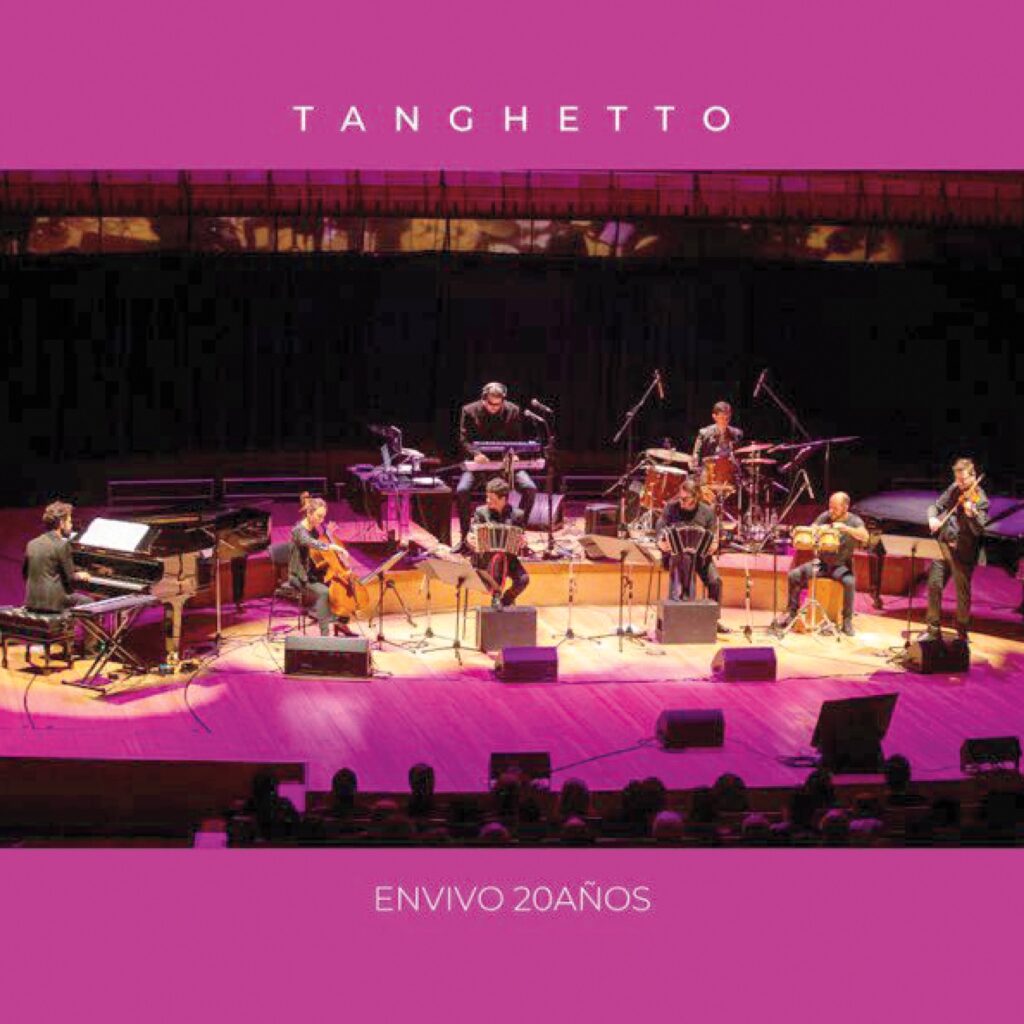
Tango 7 (Argentinxs)
Tanghetto
Speaking of unusual instruments in tango, the trumpet in Sexteto Fantasma creates a jazzy sound reminiscent of European cabaret music of the interwar period. I searched for previous instances of the instrument being used and found that, despite the coexistence of jazz and tango musicians in the lively mid-century Buenos Aires nightclub scene, crossover was very limited. That is a shame, because the trumpet blends really well with the bandoneon.
The Sexteto’s “Orillas del universo” features a flexible vocal duet between the group’s own Rodrigo Perelsztein and guest singer Cucuza Castiello over an intricate and detailed instrumental accompaniment as they joyfully sing existential and contemporary lyrics.
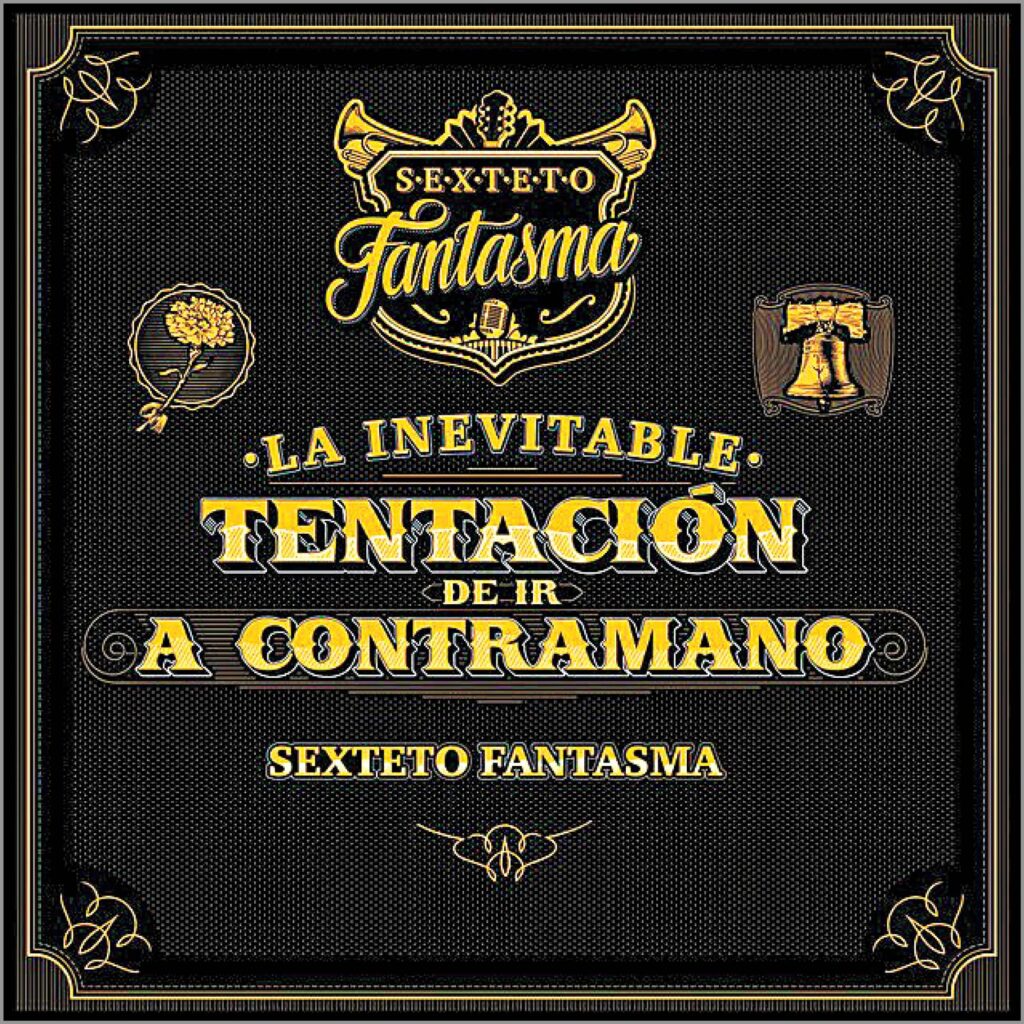
Orillas del universo
Sexteto Fantasma
Revisiting a very famous standard, in any style, is always a gamble, which pays off for Carolina Winograd in her passionate version of one of the most famous tangos of all time, “El choclo.” The band is expertly varied and responsive to her singing, which is then free to ebb and flow around their base.
Nahuel Santos ventures tango into unexpected territory with his latest release, Targo. The album features traditional orchestral sounds, otherworldly vocal arrangements, and bachata, as in “Boquitas pintadas.” This song transitions into a tango-bachata fusion after a deceptively traditional start, with bongos, guiros, and guitar arpeggios blending surprisingly well with the sound of bandoneon and piano in a relentless song of heartbreak (in that sense, the two styles are not that far apart).
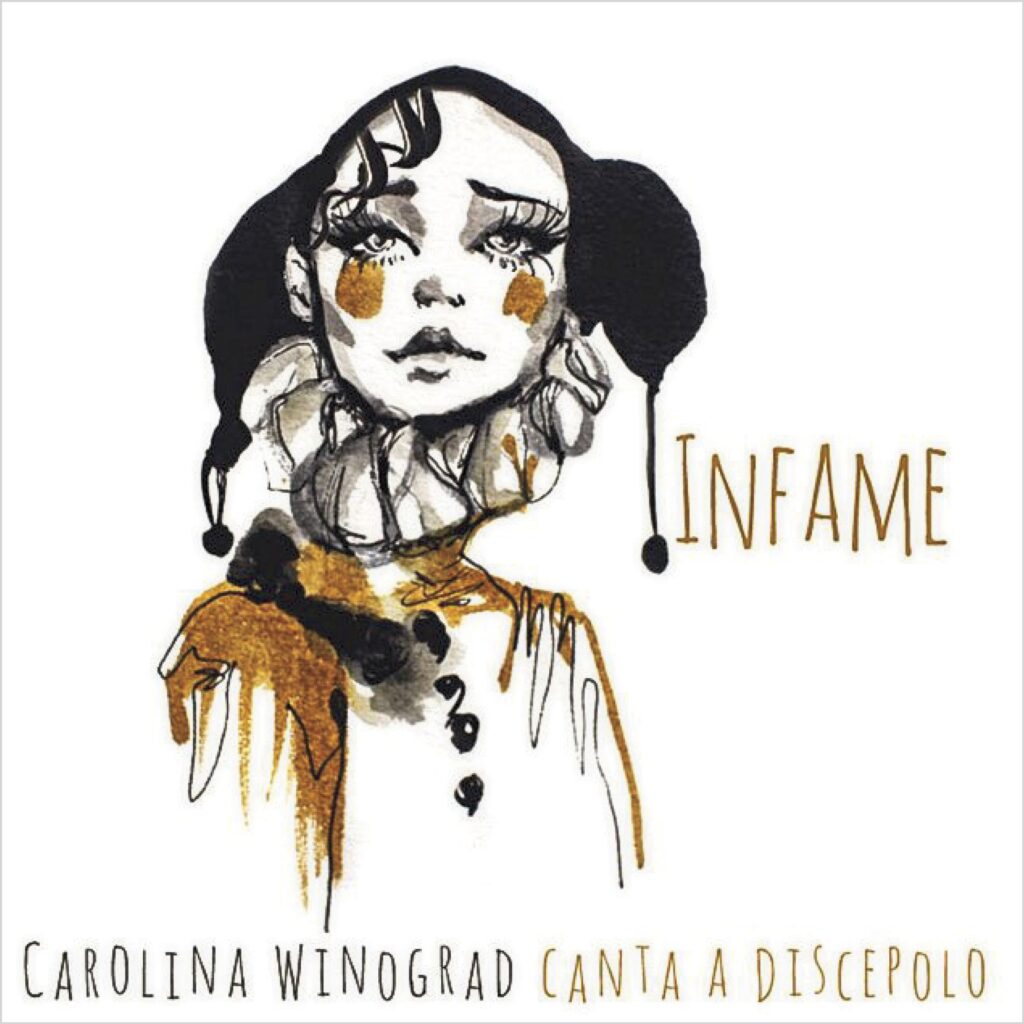
El choclo
Carolina Winograd
The playlist continues with Adam Tully, a New Yorker who has lived in Buenos Aires for over a decade, dedicating himself to tango; a socially engaged milonga by trans singer Susy Shock; a decidedly pop track by Polish tango ensemble Bandonegro; and more.
Tango continues to be a multifaceted genre, and there are as many ways of doing it as there are artists: Some will reimagine the classics, some will focus on characteristic instruments, with a special place for the bandoneon, some will emphasize the evanescent nature of the music, while others will highlight its origins as dance. Naturally, all the approaches will be right and speak of its continued relevance.
The bonus track is Luis Alberto Spinetta’s 1976 “Los libros de la buena memoria,” which features Juan Carlos Mosalini in a bandoneon solo that brings tango into the world of the most radical rock songwriter of the time. The song was a very welcome fusion at a time when successive authoritarian governments strove to officialize tango and demonize rock.
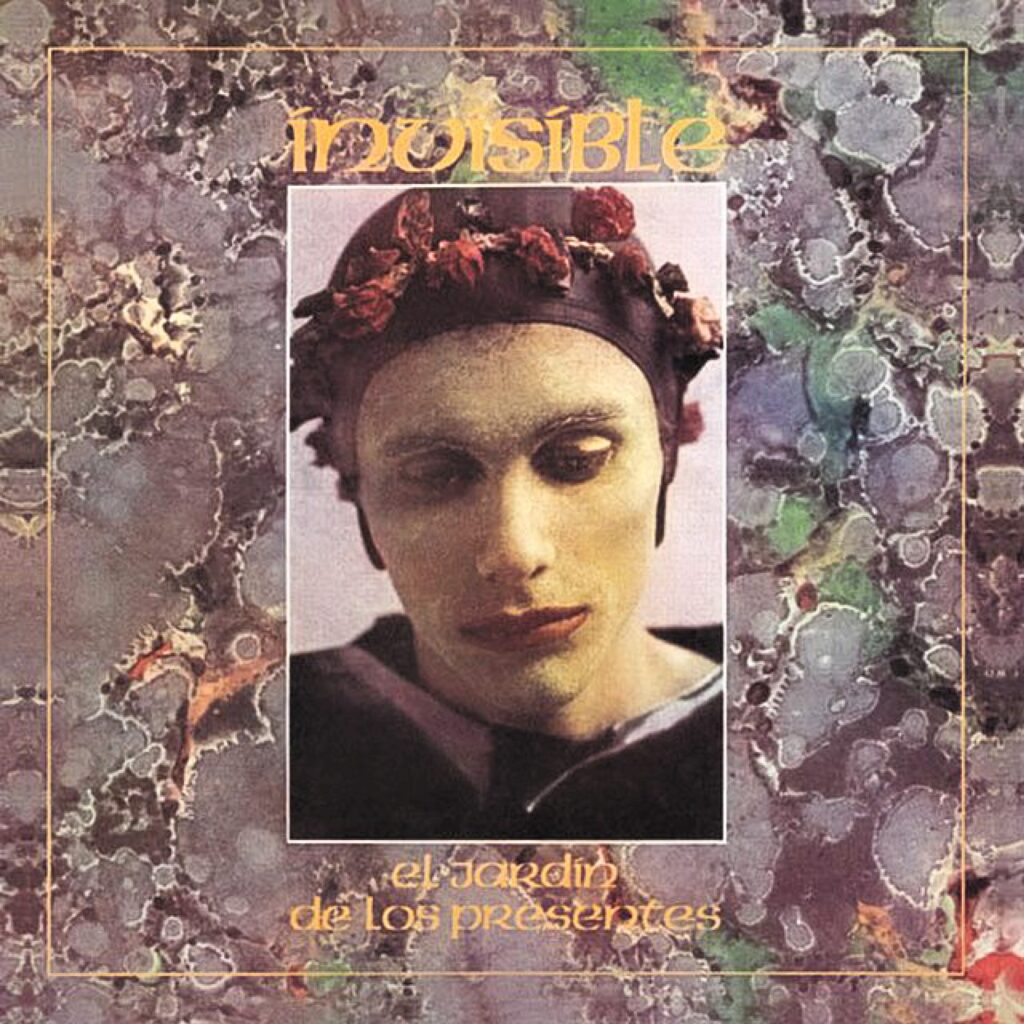
Los libros de la buena memoria
Luis Alberto Spinetta
Listen to this AQ Playlist on Spotify.


